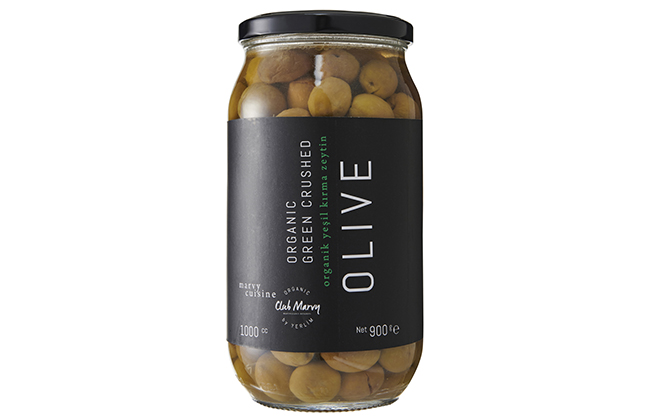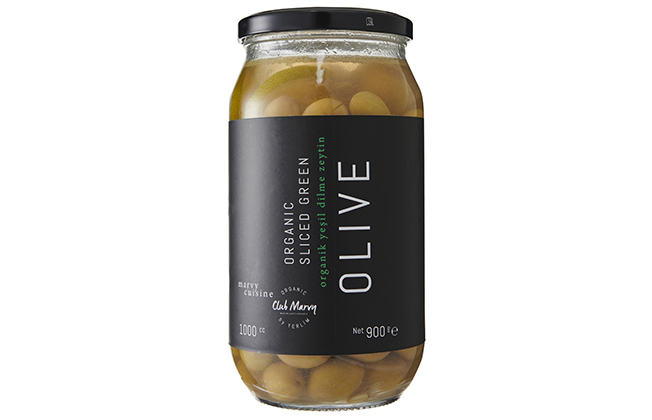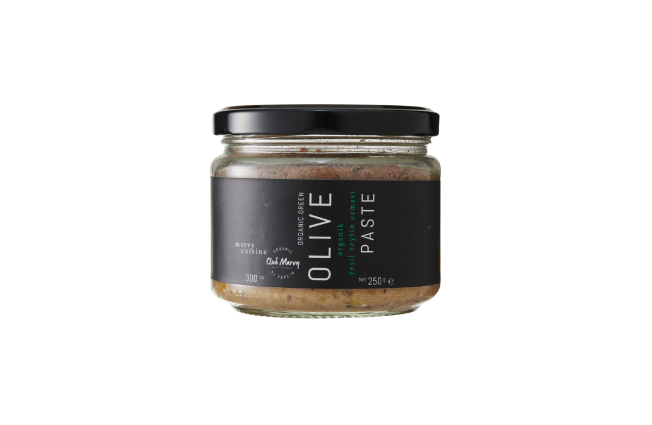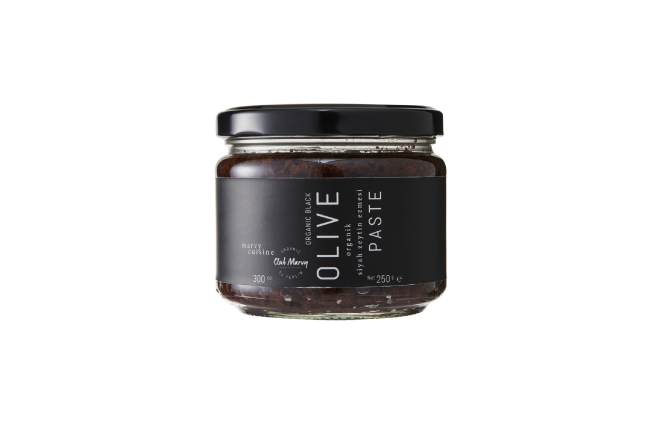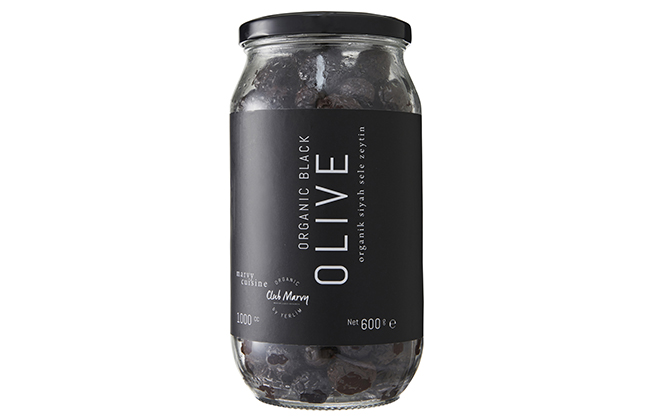WHAT IS ORGANIC OLIVES and WHY THEY MATTER
1. Defining Organic Olives
Organic olives refer to olives that are cultivated without the use of synthetic pesticides, herbicides, or chemical fertilizers. The organic farming approach prioritizes sustainable practices, soil health, and biodiversity, contributing to a more environmentally friendly and ecologically balanced olive production. At Marvy Shop, you can find organic olives produced at our own farm, Yerlim with using traditional agriculture and good farming processes.
2. Sustainable Farming Methods
Sustainable farming, not only preserves the health of the environment but also produces high-quality organic olives. These practices reflect a commitment to responsible agriculture, supporting the long-term health of the farming ecosystem.
3. Certification and Standards
Certification ensures that the olives meet specific criteria for organic production, giving consumers confidence in the authenticity of the product.
4. Nutritional Benefits of Organic Olives
Organic olives, rich in monounsaturated fats and antioxidants, offer health benefits and contribute to a nutrient-dense diet.
5. Flavor and Quality
Many consumers appreciate the authentic and robust taste of organically grown olives, which are often associated with the unique characteristics of the region where they are cultivated.
ORGANIC OLIVE VARIETIES and THEIR UNIQUE FLAVORS
1. Overview of Organic Olive Varieties
Organic olive varieties are cultivated without the use of synthetic pesticides or fertilizers, aligning with a commitment to sustainable and environmentally friendly agriculture. These varieties, each with its own flavor profile, contribute to the vibrant world of organic olive products, including oils and table olives.
2. Common Organic Olive Varieties
Arbequina: Hailing from Catalonia, Spain, Arbequina olives produce a mild and aromatic oil.
Picual: A dominant variety in Spain, Picual olives yield a robust oil with a peppery finish.
Koroneiki: Greek in origin, Koroneiki olives offer a fruity and aromatic oil.
Leccino: Italian Leccino olives produce a mild and fruity oil, often used in blends.
Mission: Common in California, Mission olives produce a milder oil and are used for table olives.
3. Flavor Profiles of Organic Olive Varieties
Understanding the flavor nuances of different organic olive varieties is crucial for culinary enthusiasts. Some offer fruity notes, while others present a more robust and peppery taste. Highlighting these distinctions can help consumers make informed choices based on their flavor preferences.
4. Organic Olive Oil and Table Olives
Organic olive varieties are commonly used for both olive oil and table olive production. The choice of variety can significantly impact the taste and quality of the final product. For example, the mildness of Arbequina olives may be preferred for table olives, while the robustness of Picual olives is often sought after for high-quality olive oil.
5. Sustainable Farming
In addition to their unique flavors, organic olive varieties are often associated with sustainable farming practices. The absence of synthetic chemicals contributes to healthier ecosystems and supports environmentally conscious agriculture.
COLARIES of ORGANIC OLIVES
The calorie content of organic olives can vary based on factors such as the type of olive, whether they are green or black, and whether they are canned, fresh, or processed into olive oil. Generally, olives are a relatively calorie-dense food due to their fat content, but they also offer various nutritional benefits.
It's important to note that these values are approximate and can vary based on the specific product and processing methods. Olives are a good source of monounsaturated fats, which are considered heart-healthy. They also contain other beneficial nutrients, such as vitamin E and various antioxidants.
ORGANIC OLIVE PASTE
Organic olive paste is a thick, flavorful condiment made from pureed organic olives. The paste is crafted through a meticulous process that involves selecting the finest organic olives, crushing them into a smooth consistency, and blending them to perfection. Unlike conventional olive pastes, organic versions are produced without the use of synthetic pesticides or fertilizers, ensuring a more natural and environmentally friendly product. At Marvy Shop, you can find organic paste varieties produced from organic olives grown in our own farm, Yerlim with using traditional agriculture and good farming processes.
Flavor Profile
One of the distinguishing features of organic olive paste is its robust and authentic flavor. The paste encapsulates the essence of fresh, organically grown olives, offering a harmonious blend of fruity, savory, and sometimes slightly peppery notes. It's a true reflection of the Mediterranean terroir.
Culinary Uses
Organic olive paste is a versatile ingredient that can be used in various culinary applications. Spread it on crusty bread, mix it into pasta dishes, or incorporate it into sauces for an extra layer of depth. Its concentrated flavor makes it a perfect accompaniment to cheese platters, and it can even be used as a base for flavorful dressings.
Health Benefits
Beyond its culinary appeal, organic olive paste also boasts health benefits associated with the goodness of olives. It's a rich source of monounsaturated fats, antioxidants, and other nutrients that contribute to heart health and overall well-being.
OLIVE PASTE and HOW TO CHOOSE
1. Traditional Black Olive Paste
Black olive paste, a classic choice, is crafted from ripe, organic black olives. This type of paste often boasts a rich and robust flavor profile, with hints of sweetness and a slightly earthy undertone. It's an excellent choice for those seeking a bold and savory addition to their dishes.
2. Green Olive Tapenade
Tapenade is a delightful variation made primarily from green organic olives. Known for its bright and zesty taste, green olive tapenade adds a burst of freshness to dishes. The paste may include additional ingredients like capers, garlic, and herbs, enhancing its complexity and versatility in the kitchen.
CALORIES IN ORGANIC OLIVE PASTE
The calorie content of organic olive paste can vary based on factors such as brand, ingredients, and serving size. On average, a tablespoon of organic olive paste contributes approximately 40 calories to your daily intake. It's important to note that while organic olive paste is a flavorful addition to your dishes, moderation is key when considering its calorie content.
Nutritional Components
Beyond calories, organic olive paste offers a range of nutritional benefits. It is a source of monounsaturated fats, which are heart-healthy and contribute to a well-balanced diet. Additionally, organic olive paste contains antioxidants and other essential nutrients that can complement your overall nutritional intake.
Incorporating Organic Olive Paste Into Your Diet
Understanding the calorie content of organic olive paste allows you to integrate it into your meals mindfully. Use it as a flavorful spread on whole-grain bread, mix it into pasta dishes for added depth, or incorporate it into homemade sauces. By being conscious of portion sizes, you can enjoy the taste of organic olive paste while maintaining a balanced diet.
Considerations and Labels
For precise calorie information, always refer to the product label. Opt for organic olive paste made with quality ingredients and without unnecessary additives for a wholesome addition to your culinary creations.
At Marvy Shop, you can find organic olives and organic olive pastes according to your taste and usage preference.
